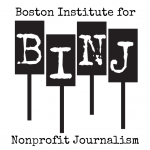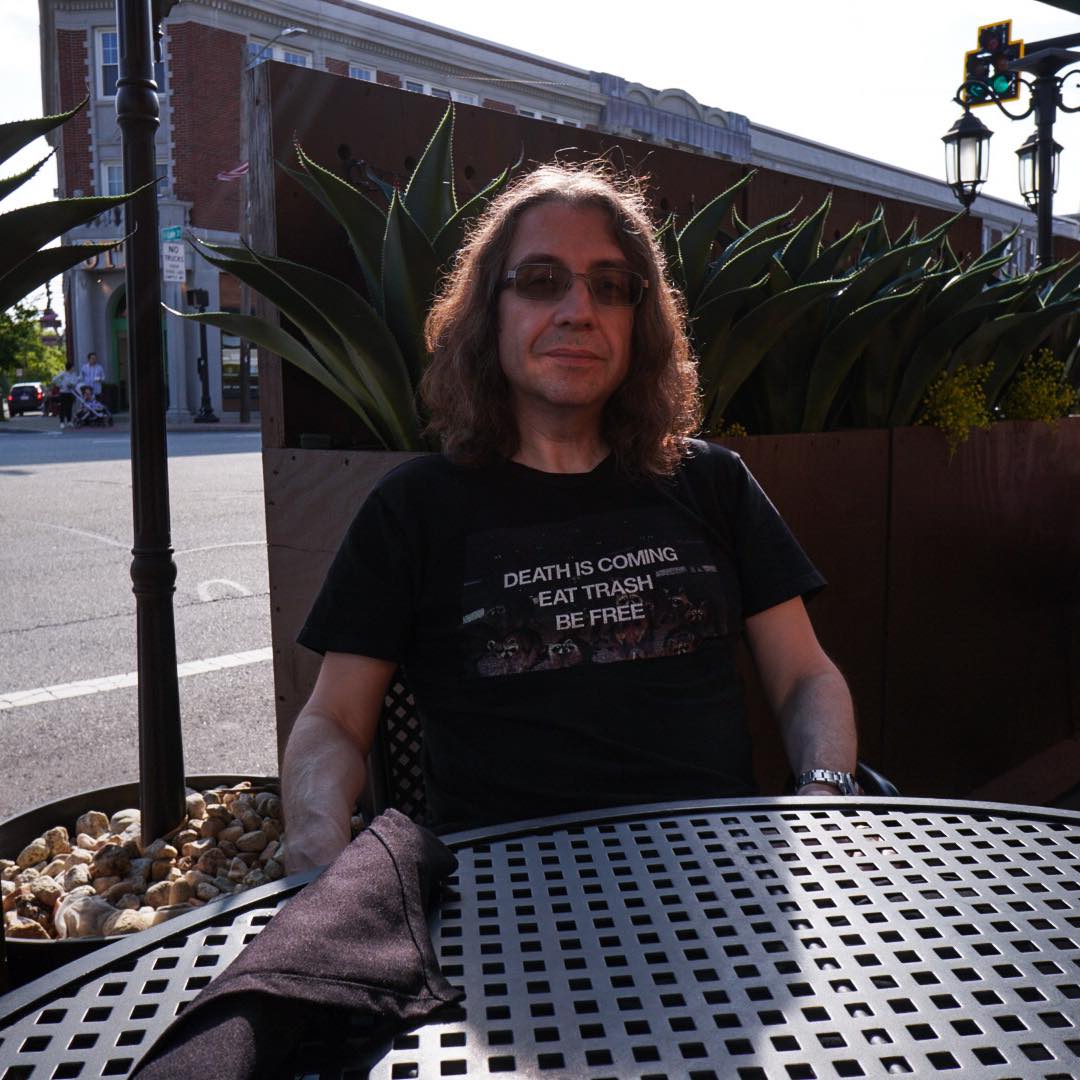
January 5, 2016
BY JASON PRAMAS @JASONPRAMAS
The #BlackLivesMatter movement is hitting the streets again in a renewed wave of protests for racial justice around Boston and America. Not that it has ever really stopped since Trayvon Martin was gunned down in 2012—as fresh injustices against Black people continue week after week, day after day. The latest being the unconscionable acquittal of the white cop who murdered 12-year-old Tamir Rice in cold blood for playing with a pellet gun in an “open carry” state.
#BLM is an impressive and necessary political phenomenon, led here as elsewhere by young Black activists. Which is as it should be. And there are significant numbers of allies from other communities—including white activists who have learned enough about the profoundly racist history of this country to be inspired to take action as well.
But there aren’t enough white allies. Not by a long shot. Especially in a tremendously segregated region like the Greater Boston area.
So the fact that hundreds of young white college students in Boston, Cambridge, and Somerville have marched under the #BLM banner is commendable. Yet not enough of a groundswell to spark a real change in attitude in largely white neighborhoods in the city proper or in the many largely white suburbs.
And that is by design. The segregation of Black people from white people was the result of a series of racist housing policies starting after the Civil War that culminated in Black people being packed into redlined neighborhoods in cities like Boston—and stopped from moving into most suburbs post-WWII until the Civil Rights Movement forced some improvements. The story was much the same for Latinos, Asians, and Native Americans. These policies continue in various forms to this day. Laws or no laws.
People in the predominantly white neighborhoods, cities, and towns are currently free to ignore #BlackLivesMatter. As long as that is the case, there can be no real justice for Black people in America. Because white people who are able to live apart from Black people will likely never confront the monstrous truths that #BLM—the new Civil Rights Movement—is exposing. Including the fact that their relative privilege is built on legal, political, economic, social and cultural systems designed to subjugate Black people. And in not confronting it, they perpetuate those racist systems. Silence, in this case, is truly complicity.
This situation will only change if the #BlackLivesMatter movement comes to them. Directly. In person. Every damned day from now until justice is won. And that cannot happen unless white allies step up in every white enclave. Beacon Hill. Back Bay. Hingham. Needham. Sudbury. Wakefield. Stoneham. Reading. Danvers. Marblehead. Any local can come up with a much longer list in their sleep.
Walk around these white areas and look for a #BlackLivesMatter or a #JusticeforTamir sign. You will see few—and those mainly outside some progressive houses of worship. And a disturbing number of the signs that you’ll see have been vandalized or otherwise messed with over the last year.
So here’s what has to happen to start to make things right. White people living in predominantly white communities have to start getting a lot more #BlackLivesMatter signs up. Then, when you all hear about major #BLM actions, spread the word to your friends and family. Go to the actions. Watch. Listen. Learn. Go back to your community. Find other local allies and call solidarity protests and vigils in public places. Organize community forums on the core #BLM issues. Always invite #BLM organizers to speak. Be respectful. Build political alliances. Figure out where to go from there.
This is how Americans can change a racist power structure that produces white cops who can cut down a Black child in a hail of bullets without so much as a warning. By tearing it up at the roots, one neighborhood at a time.
Apparent Horizon is syndicated by the Boston Institute for Nonprofit Journalism. Jason Pramas is BINJ’s network director.
Copyright 2016 Jason Pramas. Licensed for use by the Boston Institute for Nonprofit Journalism and media outlets in its network.








